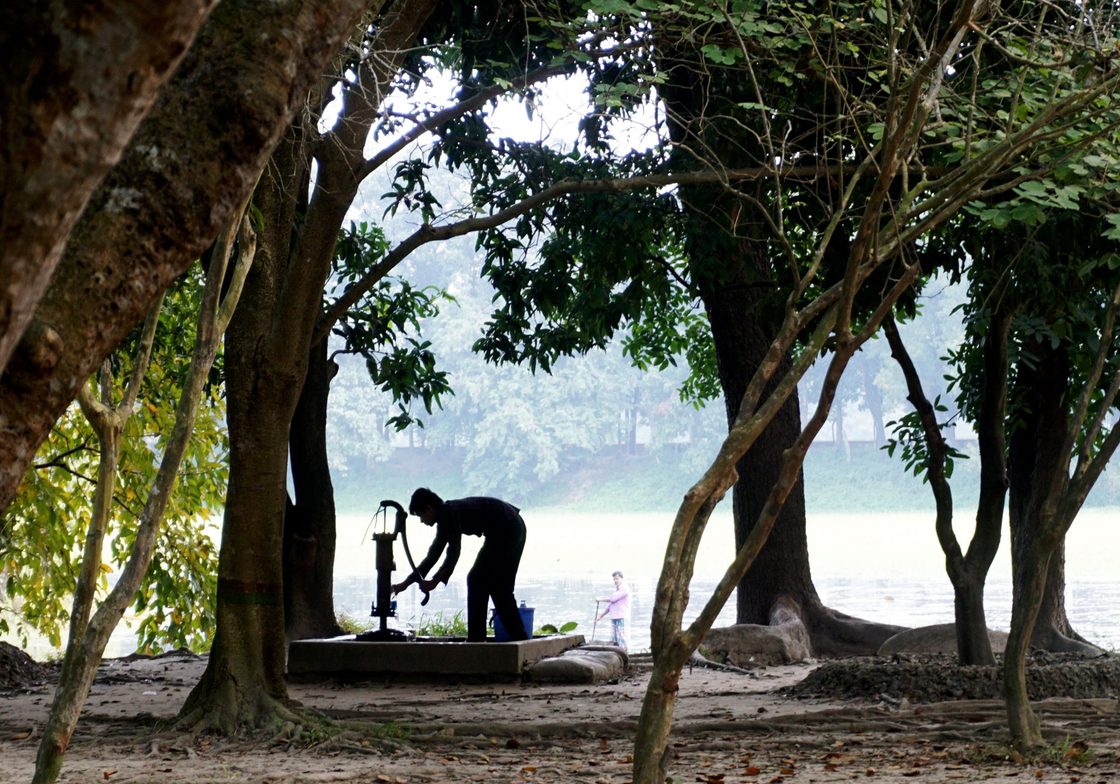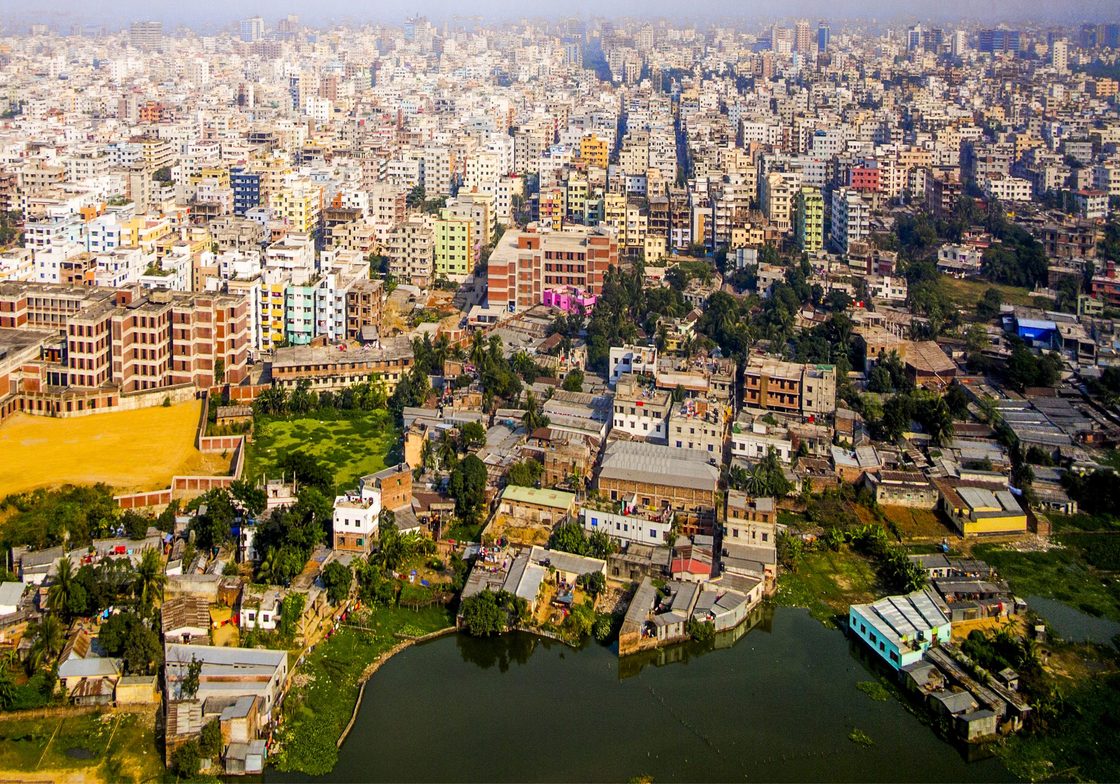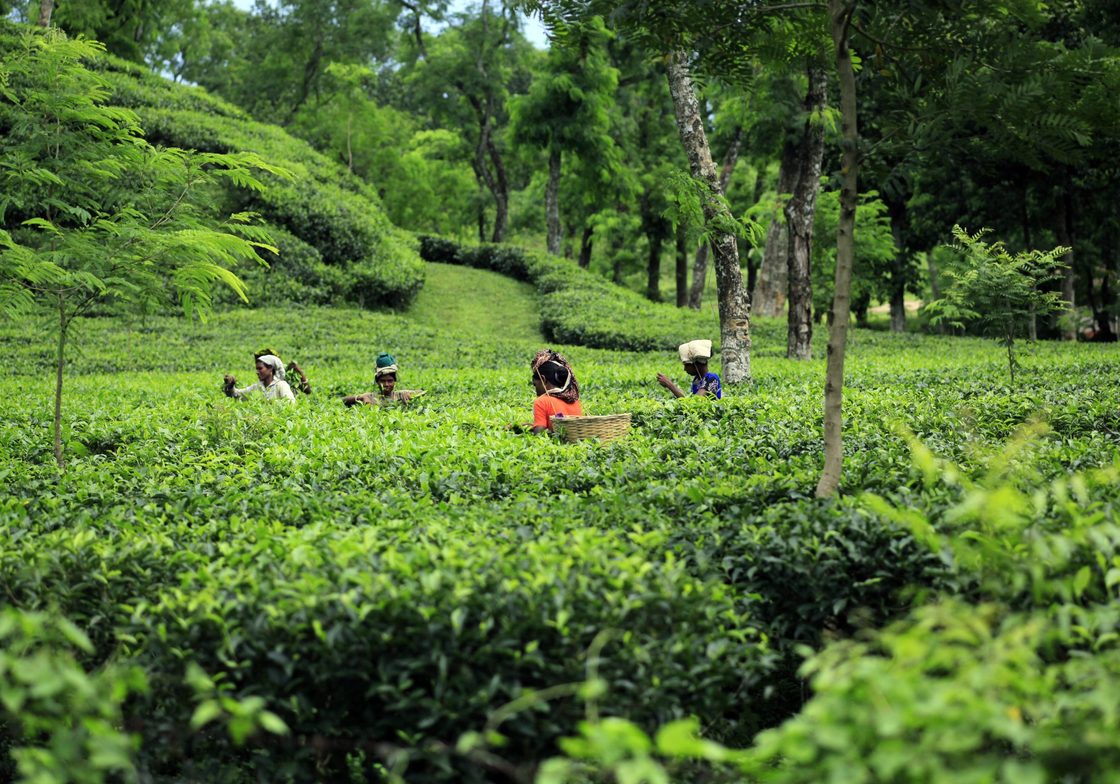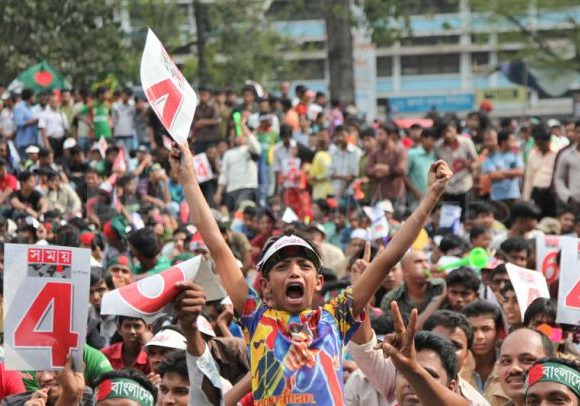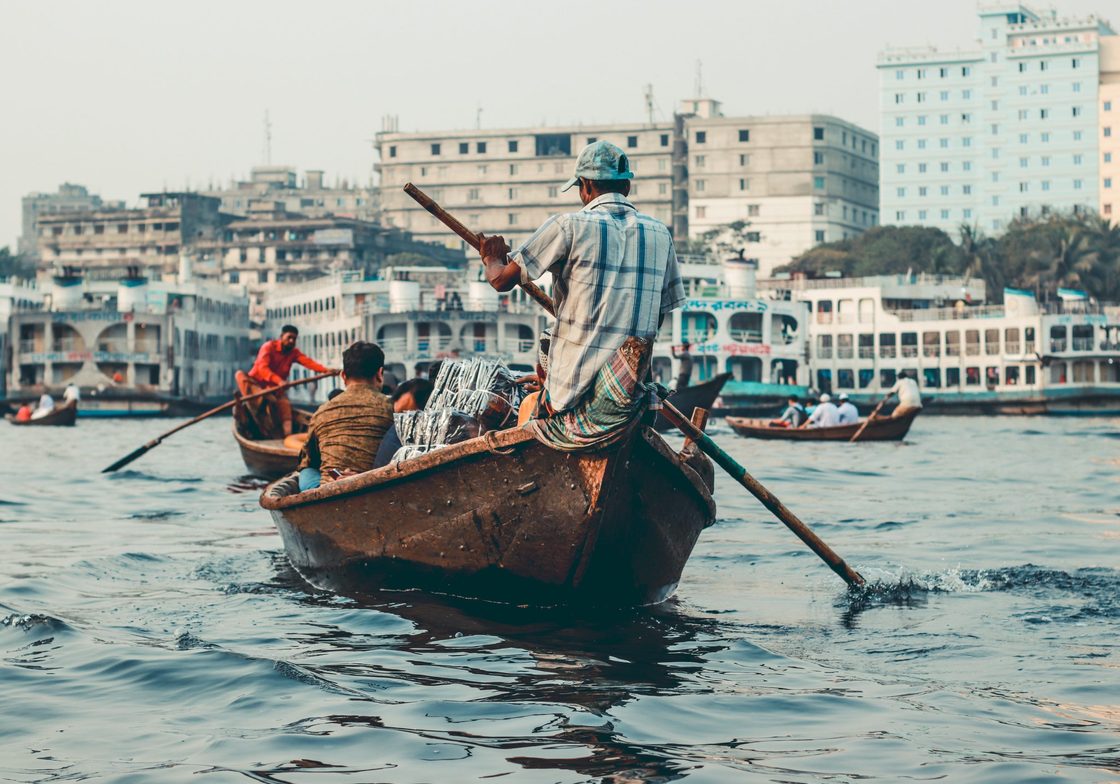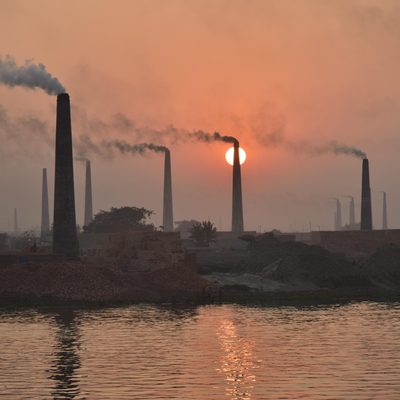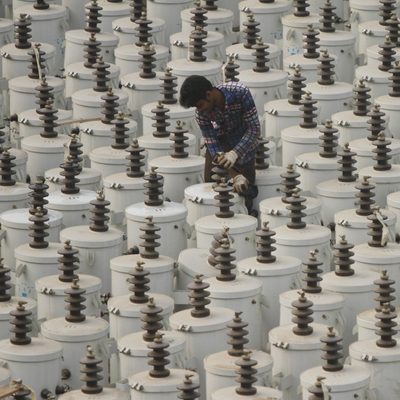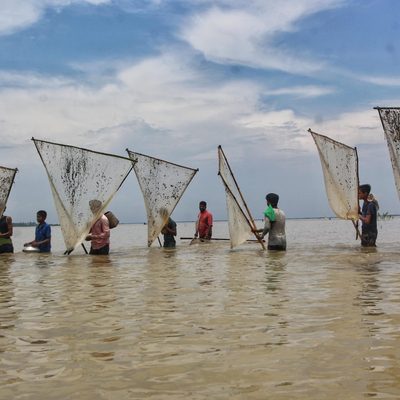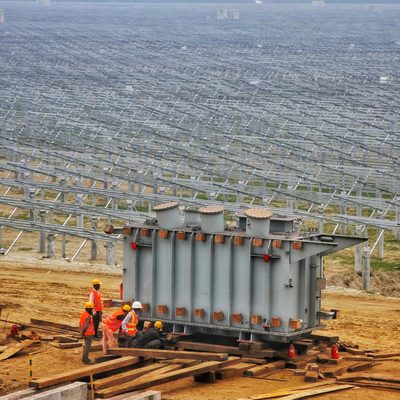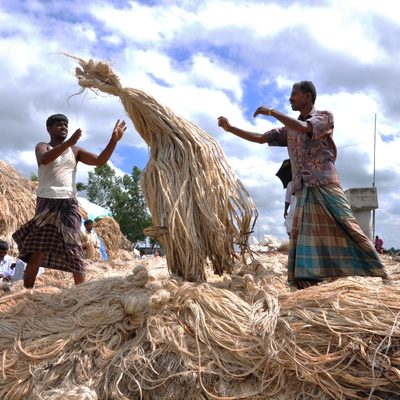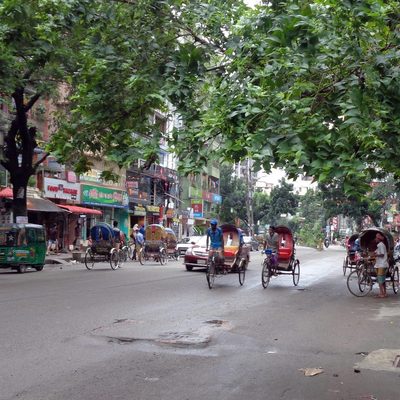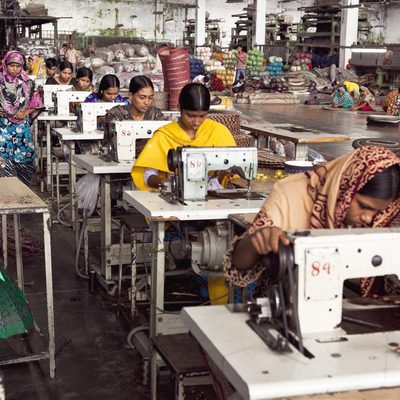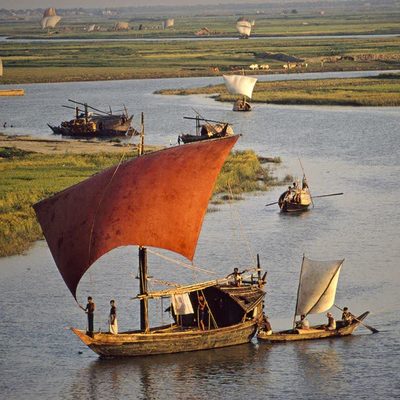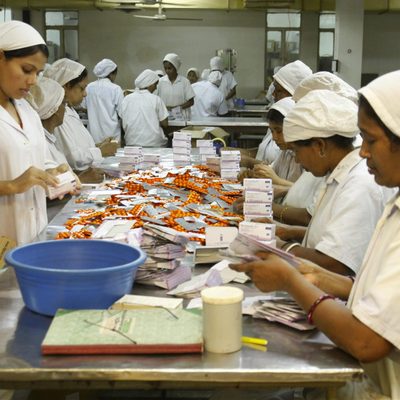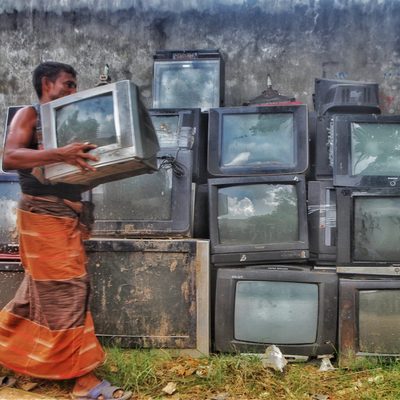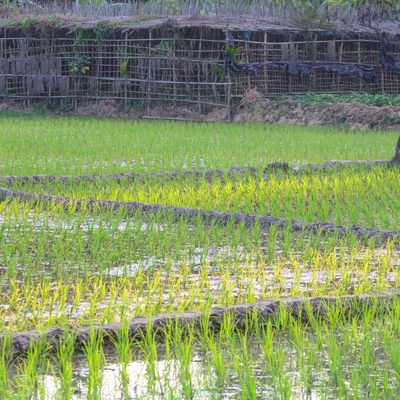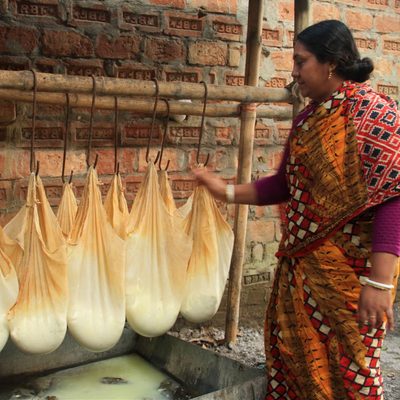Winter Break 2023
The Bangladesh trip and its coursework examines and evaluates a modern understanding of microeconomic development as it relates to -among other things- poverty alleviation, microfinance, rural-urban migration, population control, mutual insurance, social businesses, and women’s rights.
Message from Faculty Director
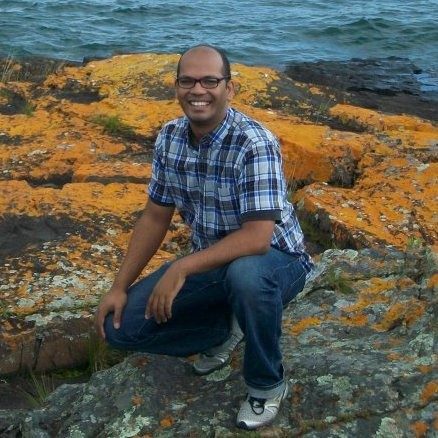
My name is Faress Bhuiyan and I am an Associate Professor of Economics. Leading this program to Bangladesh holds a very special place in my heart for three reasons. First, I love learning and teaching about economic development. This trip offers an amazing real-world lens to our bookish and theoretical understanding of development. Bangladesh is at the crossroads of a number of issues of interest to me (e.g., poverty alleviation, economic growth, women’s rights, microfinance, rural-urban migration, climate change, and etc.) with a myriad of development projects currently being practiced and tested. For me and my students, this is the closest thing to a lab that a social scientist studying economic development can get.
Second, over the years we have made some incredible connections with local non-profits and development think tanks. This means our students get to spend time chatting with development giants like Nobel Laureate Prof. Yunus, the father of micro-finance and social business; interact with villagers and the targeted clients of non-profit projects; learn from the mission director of USAID (the largest governmental international donor for Bangladesh); and learn from those who work for these non-profits at the field level. We get to ask questions that interest us and often are able to get candid answers about the reality that is not always as rosy or as miserable as we may think.
Third, I grew up in Bangladesh and love to introduce those I care about (that would be you), to the culture, the cuisine, the sights, the heritage, and the people. This may take the form of visiting some national heritage sites, trying out different local cuisines, visiting local malls/flea market, and attending a cricket match.
Overall, taking students on this particular OCS trip is one of my most cherished experiences at Carleton and I believe it gives students interested in economic development a very deep understanding of the realities on the ground that the innovators in the development sector face today.
Academics
Learning Goals
- To enhance students’ recognition and appreciation of the reality, limitations, and scope of current practices adopted by development-related agencies dealing with microfinance, female empowerment, poverty alleviation, child/adult literacy, family planning and hygiene/sanitation programs
- To learn how to critically assess, modify and present the resulting theoretical models of economic development incorporating field- based observations, discussions with policy makers, and interactions with villagers
Prerequisites
Students are required to have taken ECON 111: Principles of Microeconomics.
Course of Study
Fall Term 2023, ECON 240: Microeconomics of Development (6 credits)
This course explores household behavior in developing countries. We will cover areas including fertility decisions, health and mortality, investment in education, the intra-household allocation of resources, household structure, and the marriage market. We will also look at the characteristics of land, labor, and credit markets, particularly technology adoption; land tenure and tenancy arrangements; the role of agrarian institutions in the development process; and the impacts of alternative politics and strategies in developing countries. This course complements Economics 241. Prerequisite: Economics 111.
Instructor: Faress Bhuiyan
Winter Term 2024, ECON 201: Analysis of Microeconomic Development Models (6 credits)
This course is the second part of a two-term winter break course sequence beginning with Economics 240. This course will focus on critically analyzing the appropriateness of modern microeconomic development models in the context of Bangladesh. Students exposed to various on-site visits and lectures in Bangladesh during the winter break will be required to research, write and present their views on the reliability of different model assumptions and implications they studied in Economics 240. Prerequisite: Economics 111 and 240.
Instructor: Faress Bhuiyan
Program Features
Housing
Students will stay in hotels.
Excursions
Site visits to development organizations – BRAC, Grameen Foundation, and USAID – will offer students an opportunity to meet with villagers (the target clienteles) and with development workers of all ranks including high-level officials such as Nobel Laureate Professor Mohammed Yunus (subject to his availability).
